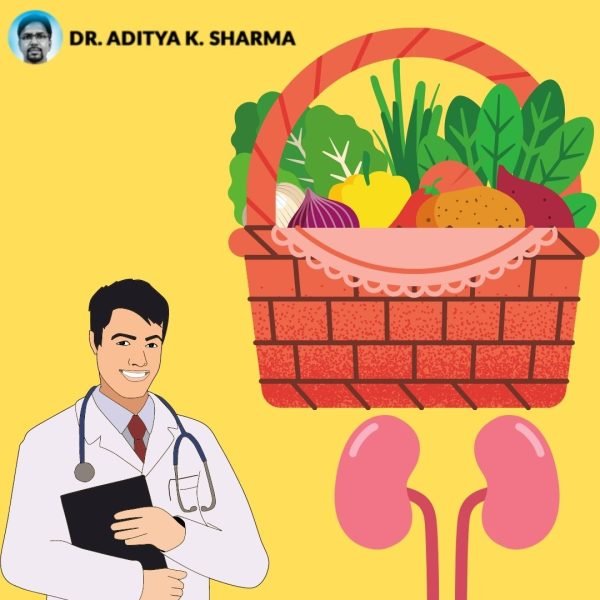Kidney Stones. What to eat, What not!

Get the best doctor for kidney disease
People who never had kidney stones will never know the fear and anxiety of having them in their kidneys ever. A word of advice to them: Prevent them from ever forming in your kidneys. Because until they pass through your body’s plumbing mechanism, you are going to feel excruciating pain.
For the people who have experienced them, a word of comfort for them: educating yourselves about kidney stones and going by the rule book can alleviate your health and spirits.
This article is for both kinds of people. First, let’s find out what exactly are kidney stones.
They are formed when certain chemicals concentrate enough in your urine to form crystals. These crystals further get concentrated and lump together in larger masses called kidney stones. If these stones are small then they pass through your urinary tract without you even noticing them. But if they are larger, they don’t pass through, causing extreme pain and discomfort.
So what is exactly the chemical composition of these crystals? You might want to ask. To be concise, these are a product of the reaction between calcium and oxalates. They are also formed from uric acids which are a byproduct of protein metabolism in your body.
Drink 2 litres of citrus water daily
Water dilutes everything. That’s even true for urine. The water you drink dilutes your urine so that the chemicals that coagulate to form stones don’t do that. What’s more, drinking water makes you pass urine frequently which doesn’t let the collection of the stones don’t form a larger lump. The citric acid in lemons and orange juice helps to inhibit the chemicals to react effectively, helping the stone lumps not to form in the first place.
Calcium is as good for your kidneys too! So, eat calcium-rich food
Excessive calcium in your urine binds with oxalates in your kidneys to form stones.
Now, what if we already bind the calcium with oxalates in the guts which then gets absorbed or eliminated through the guts itself, leaving a low amount of free calcium and oxalates that has to be removed from your bloodstream by the kidneys? If there are lower concentrations of both these chemicals in your urine then there are lower chances to form stones to be eliminated by your urine. A good idea isn’t it?
Reduce your daily sodium intake (No common salt for you!)
A high-sodium diet increases sodium ions in your urine. Sodium has also been known to increase calcium ions in your urine. And wherever there is a high amount of calcium ions, it has a higher chance to bind with oxalates to form stones. So stop your sodium intake.
